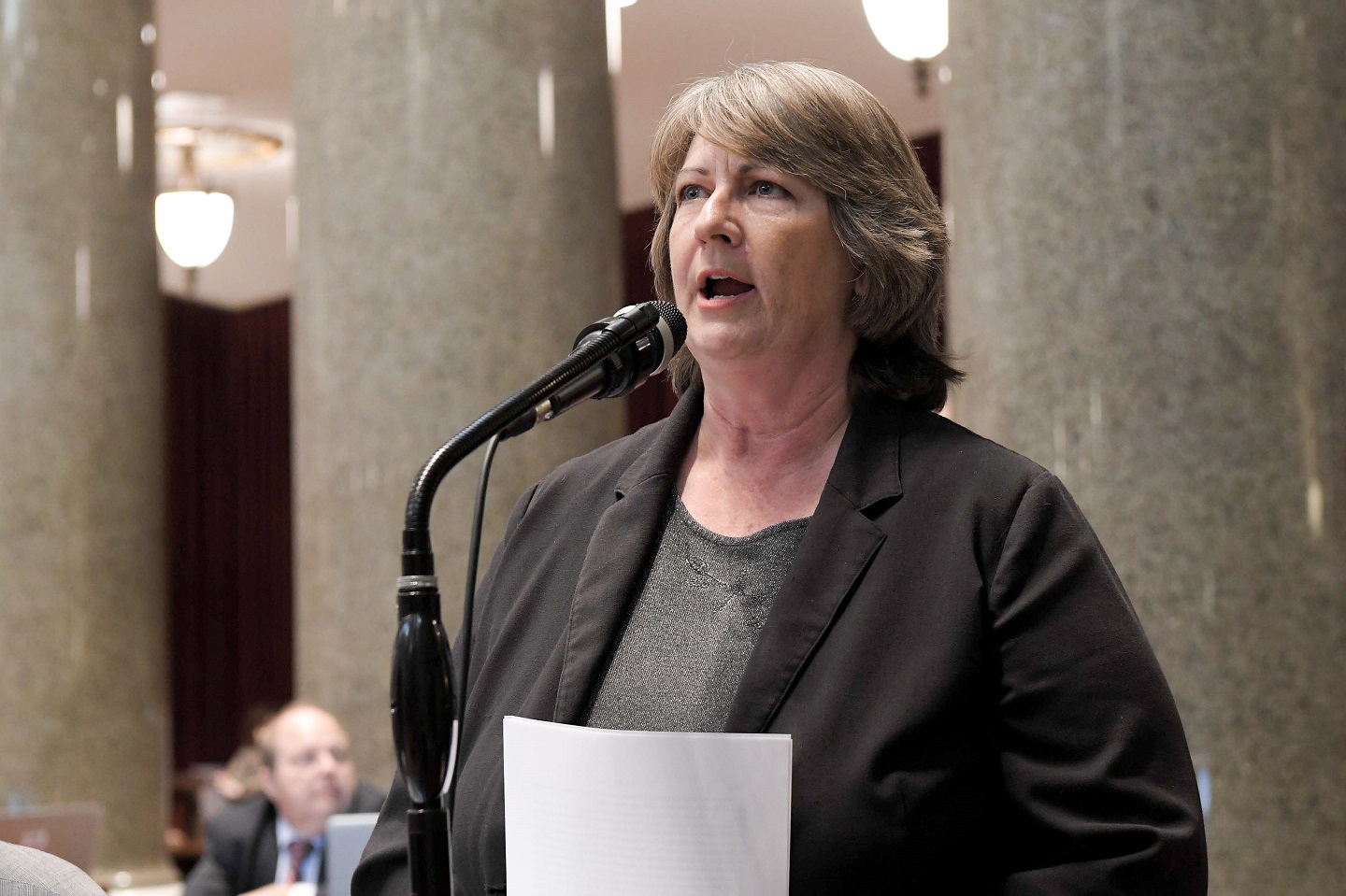The budget proposal that the House will consider this week includes $4.5-million for a drug treatment network that targets people with addiction issues at a most crucial time: when they are seeking help, and before they get discouraged and fall away.
“This is [Federally Qualified Health Care Centers] money to address our, not just our opioid, [but] our addiction crises,” said Marshfield representative John Black (R), the sponsor of this funding item. “The key language in the description,” he said, “is the [words] ‘prevention network.’”
Black told his colleagues on the House Budget Committee that professionals in Missouri know there are many good treatment options available in the state for those who are dealing with substance abuse disorders, but those options aren’t always well connected. It is the gaps between resources through which people seeking treatment often fall.
That’s where, Black said, the network supported by this budget item would come in.
The proposal was added to the budget on a unanimous voice vote. Springfield Democrat Betsy Fogle encouraged other budget committee members to support it.
“We’ve had a lot of conversations about the substance abuse crisis our country’s facing and this is a great step,” said Fogle. “Something I really like about this proposal is I think it addresses patients that don’t have insurance, patients who have Medicaid, patients who have private insurance; all Missourians for all walks of life. We know there’s a shortage of providers for each and every one of those groups of people.”
The proposed item includes a combination of state and federal money, half of which will go through a network in the Springfield area, with the other half available for any similar program elsewhere in the state that is ready to do the same work.
That spending proposal is part of the committee’s budget plan that will be debated by the full House this week, and from there could be advanced to the Senate for its consideration. It is found in House Bill 11.
